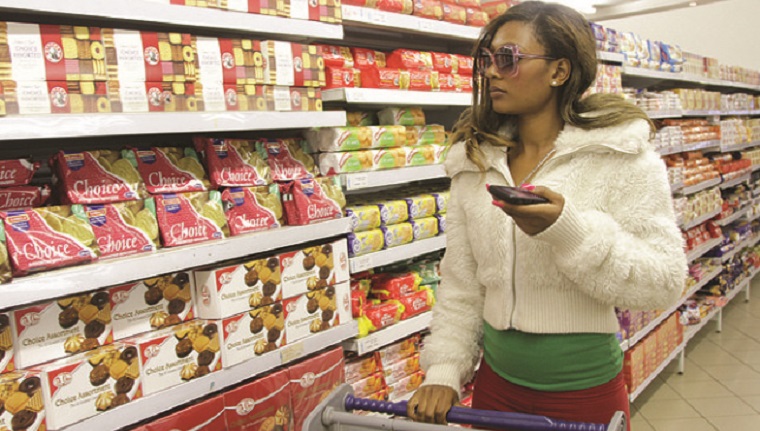Some businesses are closing while others are limiting their product range to reduce risk, he said.
Prices in Zimbabwe are changing faster than at any point in a decade. In 2009, the country’s currency collapsed under the weight of hyperinflation. The government then adopted a multi-currency system dominated by the dollar.
This year the government outlawed the use of foreign currencies, part of frequent and sometimes confusing changes to the country’s complicated monetary framework.
The local currency has been rapidly devaluing, “fostering high inflation, which reached almost 300 percent in August,” the IMF said after a review mission last month.
Weakening confidence, policy uncertainty and a continuation of foreign currency market distortions are exerting pressure on the exchange rate, the IMF added, while a severe drought and foreign debt hampering Zimbabwe’s access to external funding have impacted the economy hard.
Most businesses import products from abroad due to the collapse of local industry. Foreign currency shortages and rapid devaluation of the local currency are hard on both businesses and customers.
Zimbabwe’s President, Mnangagwa, continues to appeal for more time.
“Getting the economy working again from being dead will require time, patience, unity of purpose and perseverance,” he said in a state of the nation address on October 1.
Like Mugabe, the President largely blames US sanctions for the crisis, while the US points out that the sanctions don’t target the government but selected officials, including Mnangagwa himself, over past alleged human rights abuses.
The patience of many Zimbabweans is wearing thin, considering the lengths they are going to cope.
“We cannot continue to live like this. Why did they remove Mugabe if they had no solutions?” said Harare resident Praise Sibanda.
“We are tired of 001,” she said, using the local slang for the growing trend of families resorting to a single meal a day.
Some innovative vendors have begun repackaging items such as cooking oil into sachets small enough to prepare a single meal.
According to the Consumer Council of Zimbabwe, people are increasingly using such sachets known as “tsaona,” a word in the local Shona language that means “accident”. –IOL
(131 VIEWS)


